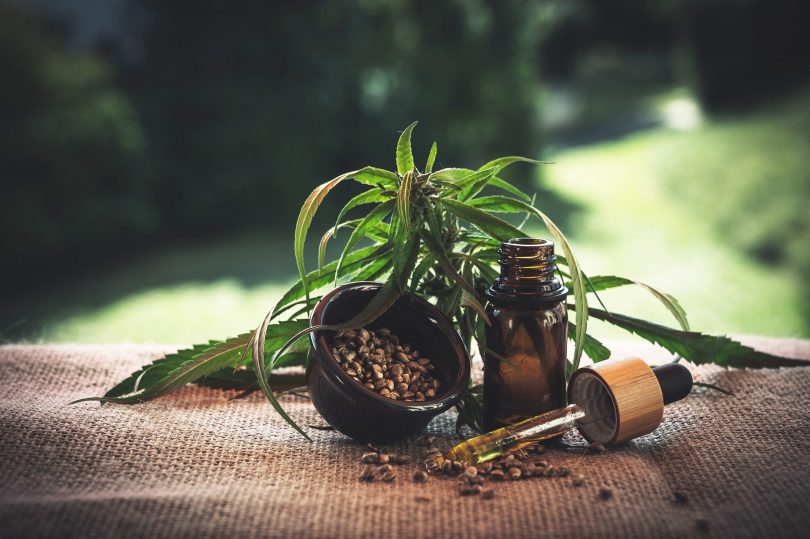The cannabis market as we know it has been completely transformed thanks to the likes of cannabidiol (CBD) and CBD-derived products, promising a wealth of health benefits without the psychoactive properties that are associated with tetrahydrocannabinol (THC). But can CBD products really be “THC-free”?
By industry and legal standards, CBD products can legally have some THC, as long as it’s less than 0.3% THC by weight. Third-party labs should be testing THC levels before they hit retail shelves, as reputable manufacturers should insist on obtaining a Certificate of Analysis in order to verify the amount of THC that is found in their products.
In the world of botanical extracts, it may not even be possible for there to be “zero” of anything. Instead, using the term “non-detectable” would be more accurate than simply saying that a product is truly void of a particular substance–and for CBD, THC concentrations may be far too small to be detected by tools used by third-party labs.
While the concept of “THC-free” may be a possibility depending on the sophistication and complexity of the instrumentation used to detect cannabinoid levels, the precision of the instruments and the methodologies used by chemists play the ultimate role in determining whether or not a CBD product is truly free of THC.
Consumers looking for CBD isolates–as opposed to broad or full spectrum–typically do so in an effort to tap into the benefits of CBD without the presence or effect of any other cannabinoid, including THC. A CBD isolate contains just the CBD molecule without any of the other terpenes and cannabinoids of the plant. Simply put, CBD isolates contain only CBD and no other active ingredients. But can an isolate truly be completely void of absolutely all traces of all other compounds of the cannabis plant, including THC?
Some labs may use innovative instruments that are able to detect even the lowest limits of THC, but many do not. As such, the CBD industry may use very low levels of THC, as the limit to define whether or not a product is labeled THC-free.
THC-free products don’t always necessarily mean that a product is completely void of THC. Instead, there may be minuscule amounts of the cannabinoid–as much as 0.3% THC–but nowhere near the level to be detected by most lab instruments. “Non-detectable” is a far more accurate description.
Image Source: https://pixabay.com/photos/cbd-cannabidio-cbd-oil-hemp-oil-4469987/










